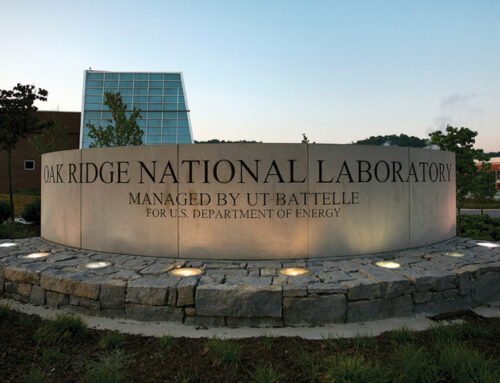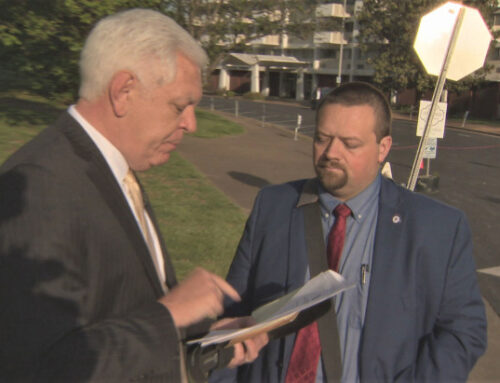Davidson County Chancellor I’Ashea L. Myles granted the motions by The Covenant School and the Covenant Presbyterian Church to intervene in a consolidated public records case against Metro Nashville over the church’s and school’s “private documents” that police collected after the mass shooting at the school two months ago.
Four different lawsuits are mostly seeking access to the shooter’s writings found in her car and in her home, some of which police initially characterized as a “manifesto.” But other records are also sought, including emails between police and the mayor’s office and records of calls to the shooter’s house over the past five years.
It was not clear exactly what “private documents” the church and school gave to police, but they presumably would somehow fall under the records requests at issue. Myles said in her order that the church and school demonstrated that “materials created by the Church and the School” and collected by police would normally be kept private.
“Specifically, the Court is stirred by the reasons expressed in both the Church’s and School’s oral argument regarding their specific private information which may have been collected during the investigation and to which the Petitioners would not normally have any access due to these Intervenors’ status as private entities.”
Myles said that a timely motion to intervene may be permitted when a statute confers a conditional right to intervene or when the movant’s claim or defense and the main action have a question of law or fact in common. In the absence of express statutory authority, she said in the order, “determining whether a party is entitled to judicial relief ‘requires the court to decide whether the party has a sufficiently personal stake in the outcome of the controversy to warrant the exercise of the court’s power on its behalf,'” referencing a ruling by the Tennessee Court of Appeals in 1997 in Shelby Cnty. Deputy Sheriff’s Ass’n v. Gilles.
“This Court finds that both the Church and the School have a sufficient personal stake in the outcome of the litigation to bestow upon them the requisite standing to intervene in this action.”




